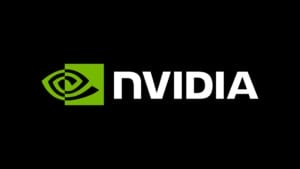How advertisers should adjust their approaches on Facebook during this COVID-19 pandemic
The effects of lockdowns caused by COVID-19 are being felt by many businesses across the world as millions of people adjust to working from home. Some companies are completely shut down, while other...

The effects of lockdowns caused by COVID-19 are being felt by many businesses across the world as millions of people adjust to working from home. Some companies are completely shut down, while other organizations, which rely on the advertisement, are still measuring the effects, which will evolve with time as more and more events get canceled, and situations divert from the norm.
In this difficult time, it is quite challenging for brands to know what to say and what response they should expect. Do they promote their products as usual? Do people still want to hear about the latest offers when most of them are locked down in their homes? Do the people have any immediate use for the products?
There are lots of things advertisers should consider during this pandemic, and to provide assistance, Facebook published a guide that lists the key considerations advertisers should consider when measuring the performance of their advertising and marketing campaigns amid the COVID-19 pandemic.
Facebook notes, “As businesses seek to navigate this difficult time, adapt media strategies, and determine which marketing activities are most worthwhile, gaining an accurate understanding of ad performance is more important than ever. However, the key issue marketers and strategies face when making these adjustments is that many current behaviors depart from the norm.”
In essence, the performance of your ads is likely to be significantly impacted by broader societal shifts at present, and it is essential to adjust your expectations and performances accordingly. However, this can be hard to do since your past reference points will not work as an accurate guide.
Facebook advises brands to re-evaluate their entire assessment process in order to factor in these considerations. The Facebook guide covers certain vital points that include notes on accurate A/B testing, data on specific behavioral changes, and an overview of the metrics that Facebook sees significant changes in.
If you want to optimize your ad approach on Facebook amid the COVID-19 pandemic, it will be worth your time taking a look at the brief guide provided by Facebook on various elements that could be affecting your ad campaign performance.
















